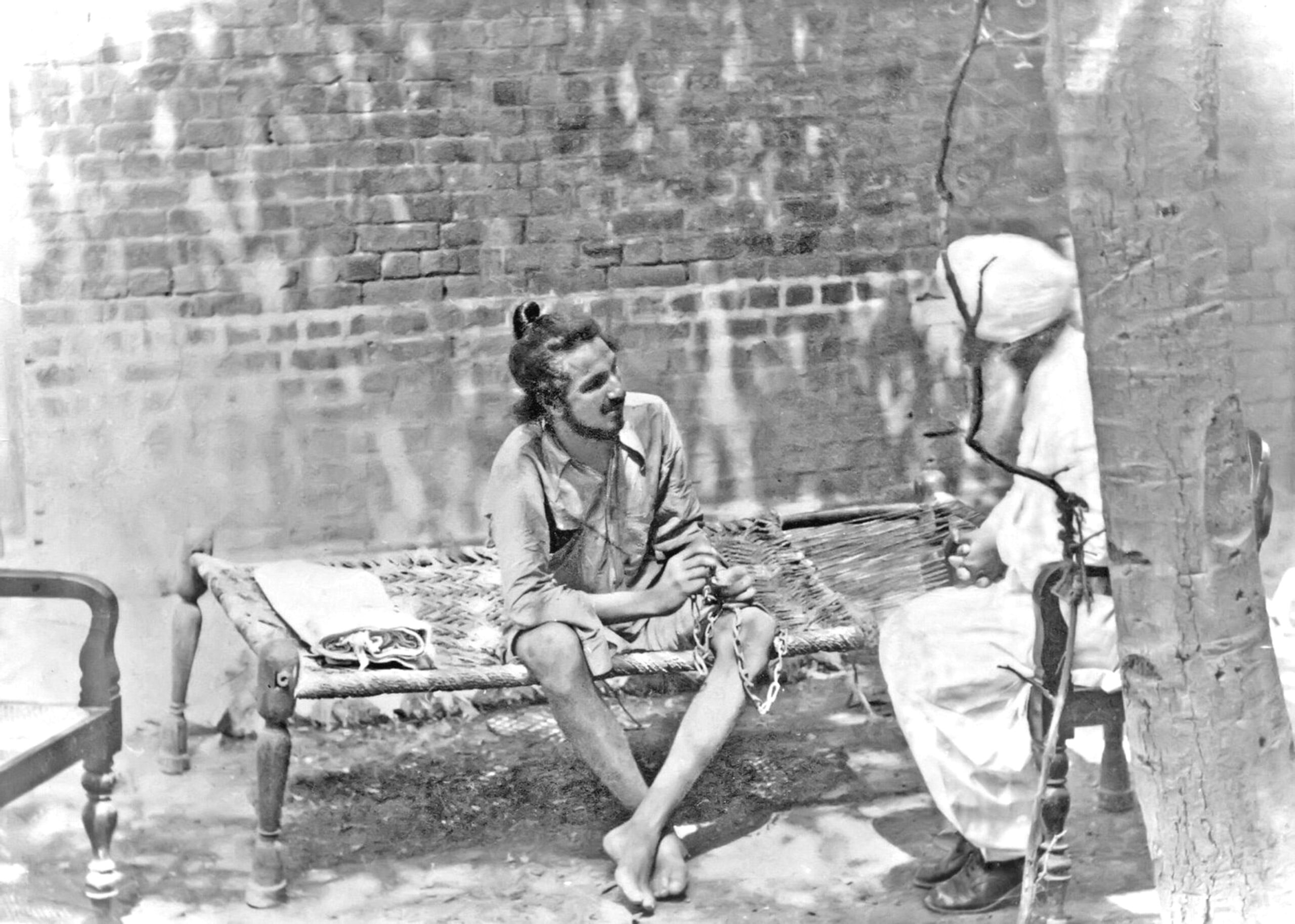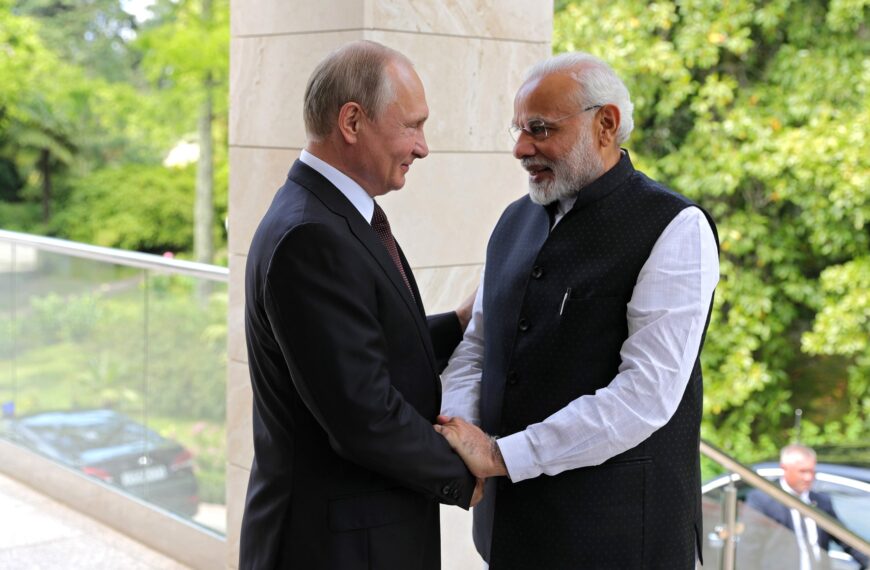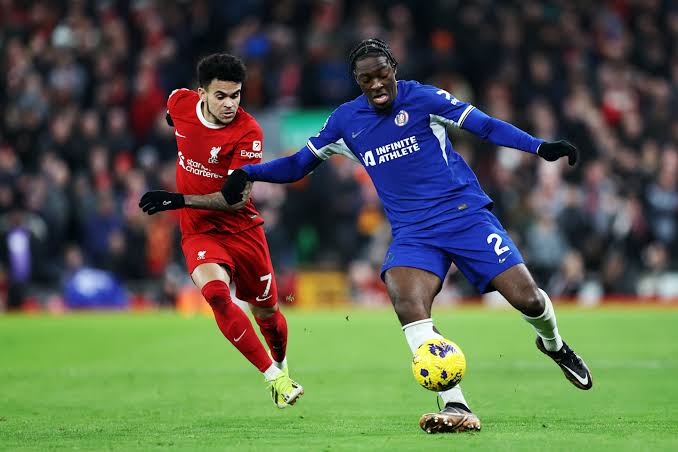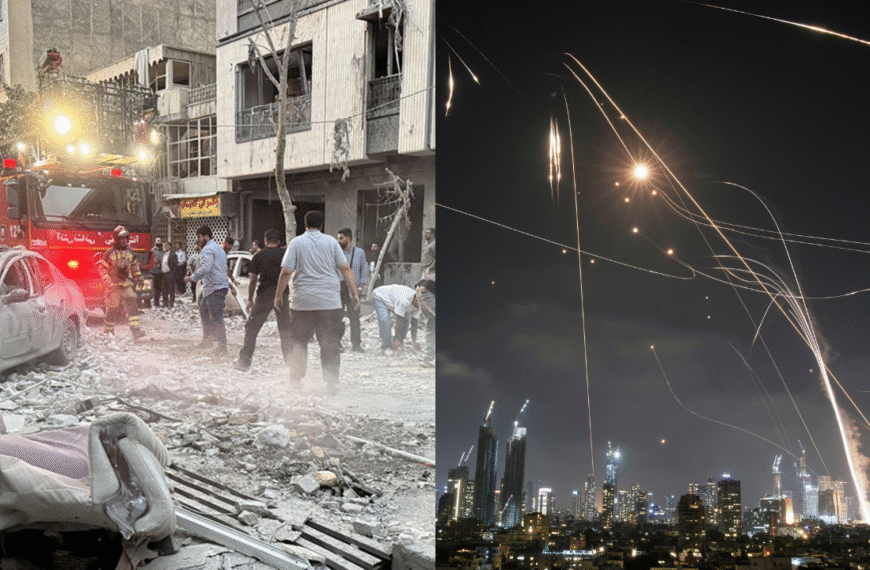Bhagat singh last smile before death
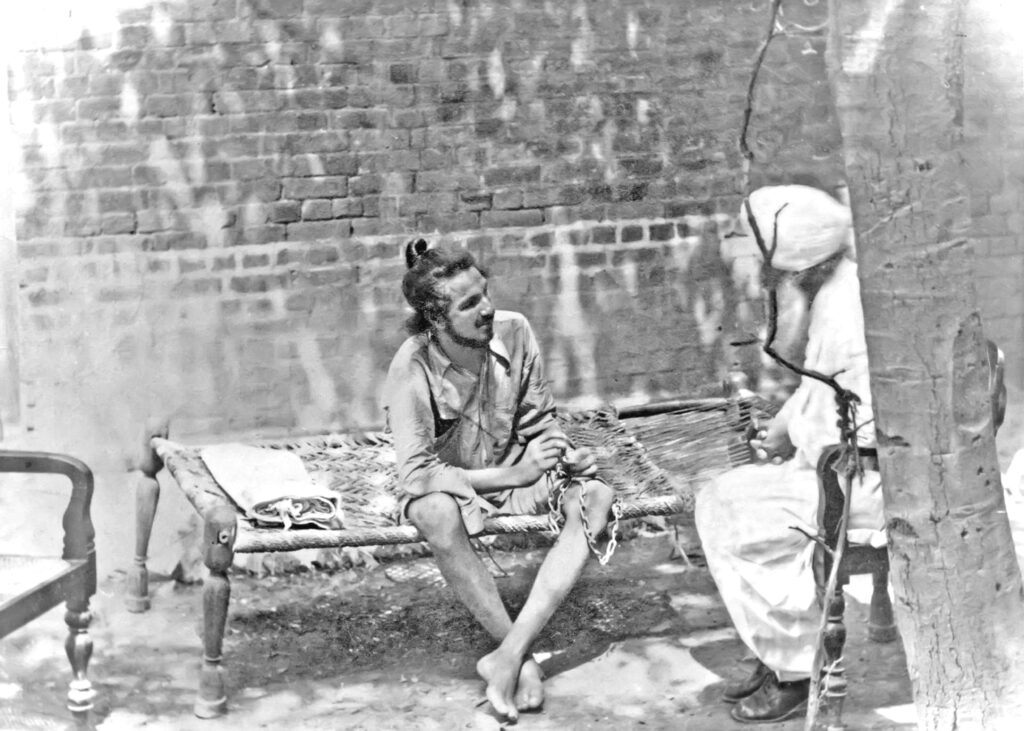
March 23, 1931. Lahore Central Jail.
The sun had just set, but inside the prison walls, time felt frozen. A 23-year-old revolutionary stood inside a damp, dark cell. His name?
Bhagat Singh.
The British called him a terrorist.
India called him hope. He wasn’t praying. He wasn’t crying.
He was reading a book — about Lenin, the Russian revolutionary.
A guard walked in and said, “Your time has come.”Bhagat looked up, smiled, and replied:“Wait. A revolutionary is meeting another
But how did a bright young boy become the face of India’s rebellion? Born in 1907 in a village in Punjab, Bhagat Singh grew up in a home that breathed revolution.
His father and uncle were freedom fighters.
As a child, Bhagat planted a tree and told his friends:“This is my freedom tree. One day it will grow as big as India’s courage.” At just 12, he saw the Jallianwala Bagh massacre.
Hundreds of Indians gunned down without warning. He collected the blood-soaked soil, kept it in a bottle…and promised himself: “I will take revenge. Not with a gun. But with a revolution.”
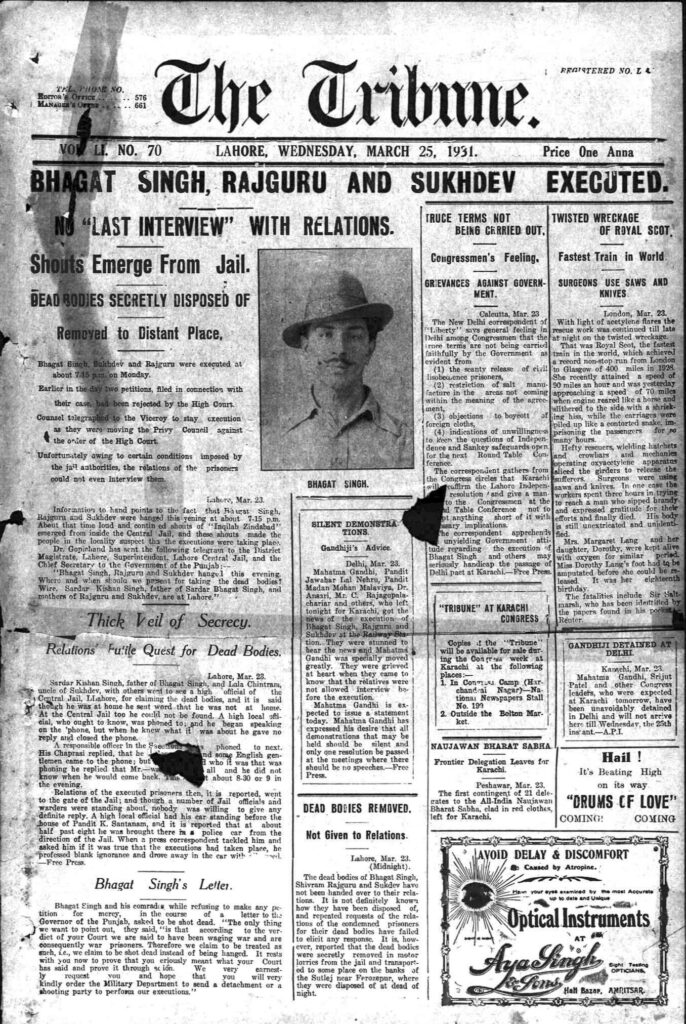
It was April 8, 1929. Delhi. British laws were suffocating India — banning newspapers, crushing protests, arresting leaders. Bhagat Singh and Batukeshwar Dutt walked into the Central Assembly. They threw two bombs —not to kill, but to make noise. The bombs exploded…and then something unexpected happened. They didn’t run. They stood still, raised their hands, and shouted: “Inquilab Zindabad! Long Live the Revolution!” It takes a loud sound to make the deaf hear.” They were arrested on the spot. He was tortured. Starved. His only demand? Equal treatment for Indian prisoners. He went on a 116-day hunger strike. No food. No water. His body weakened. But his voice grew louder. Students, farmers, and workers across the nation took to the streets. For the first time, India didn’t see a man fighting with violence…They saw a boy fighting with ideals. And those ideals were spreading faster than bullets.
The British were afraid. They couldn’t silence Bhagat Singh with chains, so they tried with a death sentence. He, along with Rajguru and Sukhdev, was ordered to be hanged till death. The verdict shook the country. Petitions were filed. Students walked out of colleges. Even world leaders questioned: “Why hang a man whose only weapon is thought?”But Bhagat?
He wrote letters. Read books. Laughed with guards. And prepared for death as if it was a festival. On his last night, he wrote a letter to his father. It said:“I’m proud that I will die for my country.
I don’t want to be remembered with tears. Remember me with pride.”He refused the offer of priest.He refused blind rituals. He believed in reason, justice, and humanity. His final book? A biography of Lenin. March 23, 1931. 7:00 PM.Bhagat Singh walked to the gallows. Calm. Unshaken. He kissed the noose. And shouted: “Down with British Imperialism!”Not a cry, Not a scream,Just a smile. The British secretly burned the bodies at night.No funeral. No rituals.They wanted to erase the story. But they couldn’t erase the fire. Bhagat Singh died at 23.
But he never really died. Today, his name is whispered in every protest.
His smile lives in every voice that dares to ask, “Why should we obey injustice?” He didn’t fight for power. He didn’t want fame. He simply believed:“Every man who stands against oppression is a revolutionary
This was not just a story. This was a flame. A reminder that freedom is not given it is earned with courage, truth, and sacrifice. If Bhagat Singh’s story moved you,Like, comment, and subscribe to NewsWeapon10
Watch out our full video on youtube https://youtu.be/eh817sAS62w?si=xwowL3vET01_WL2s
Also watchhttps://youtu.be/p2B0-2dfMzI?si=ILMvvdGfIOh3pYXC
Also Read https://newsweapon10.com/pm-modi-russia-visit-2025-agenda-brics-deals/

